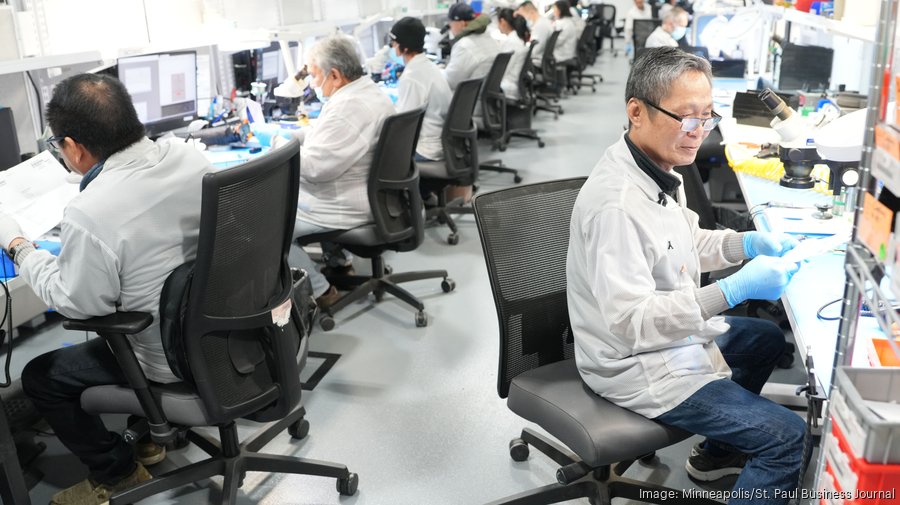Researchers at the University of California, Irvine, have unveiled a groundbreaking approach to cancer treatment by developing glycan-dependent T cell recruiter (GlyTR) compounds that target tumor-associated carbohydrates. This innovative strategy, detailed in the journal Cell, demonstrates the potential to induce tumor cell death without harming surrounding healthy tissue, a significant advancement in the field of cancer immunotherapy.
The GlyTR technology addresses critical challenges faced by current immunotherapy methods, particularly the difficulty in distinguishing cancer cells from normal cells and the immune suppression often seen in tumors. By leveraging high-avidity binding to cancer-associated glycans, GlyTR compounds effectively trigger T cell responses while minimizing the risk of on-target, off-cancer toxicity.
As tumor-associated carbohydrate antigens (TACAs) are prevalent yet poorly targetable by traditional antibodies, this new approach could pave the way for more effective treatments across various cancer types. With plans for clinical-grade manufacturing underway and a Phase I trial anticipated within two years, the implications for the future of cancer therapy are profound, potentially leading to a universal treatment option that could revolutionize patient outcomes.
Use the database as your supply chain compass →



